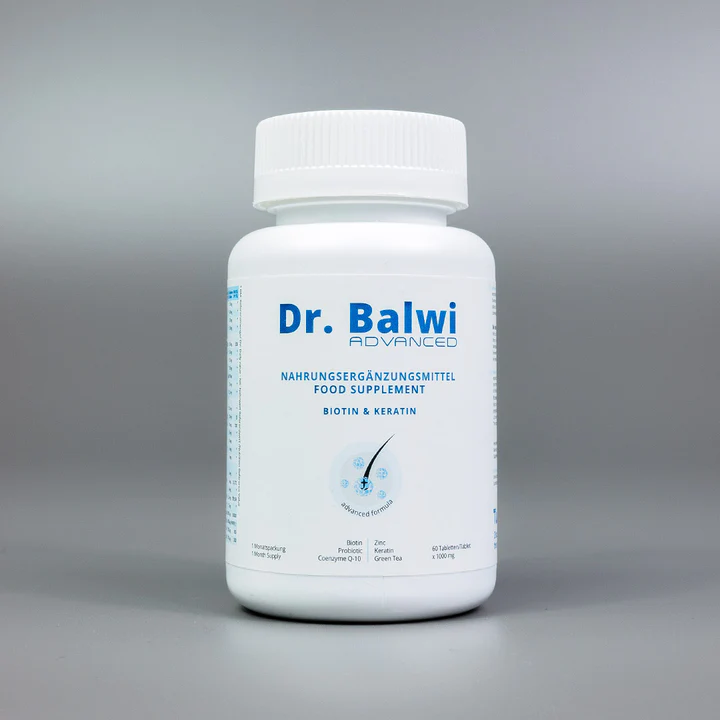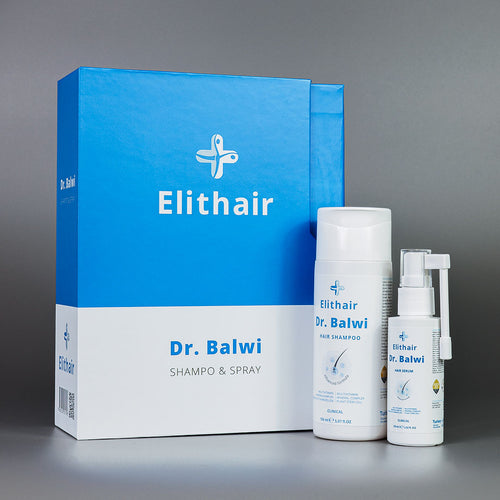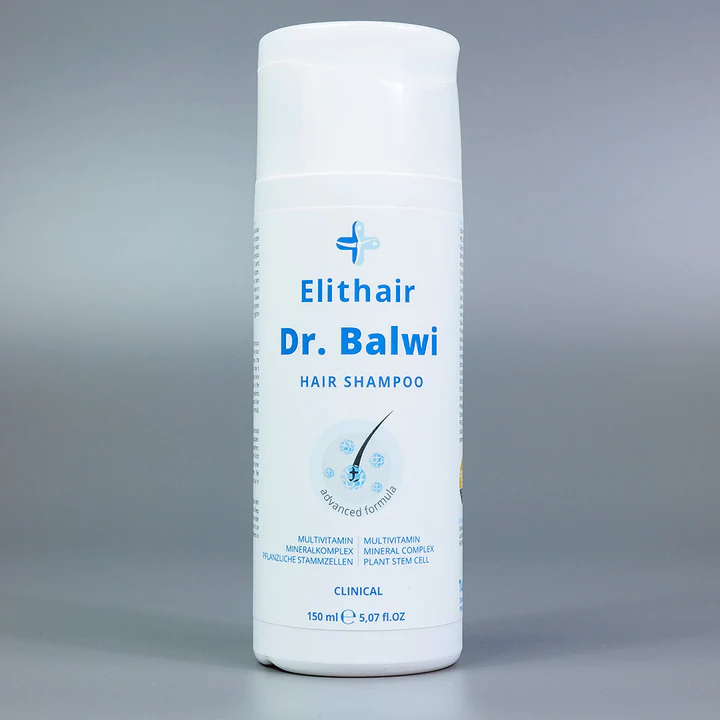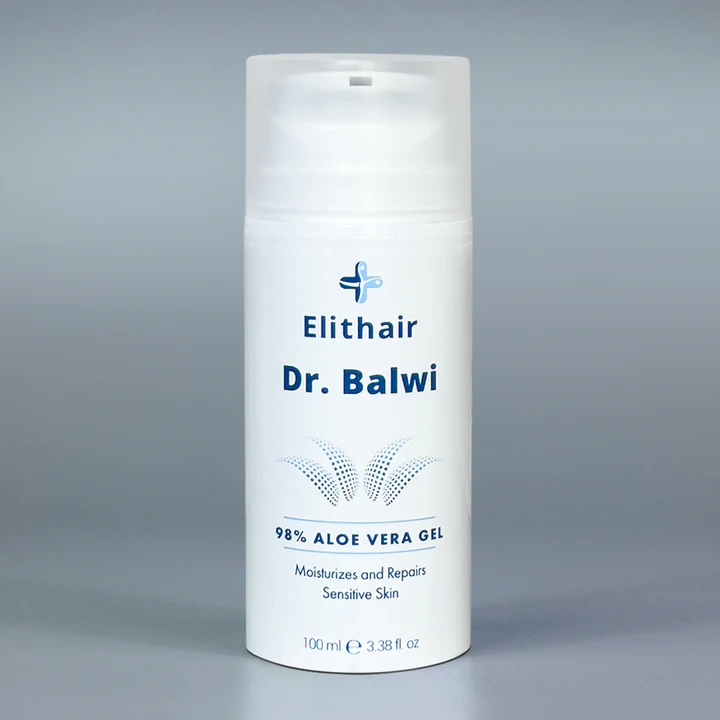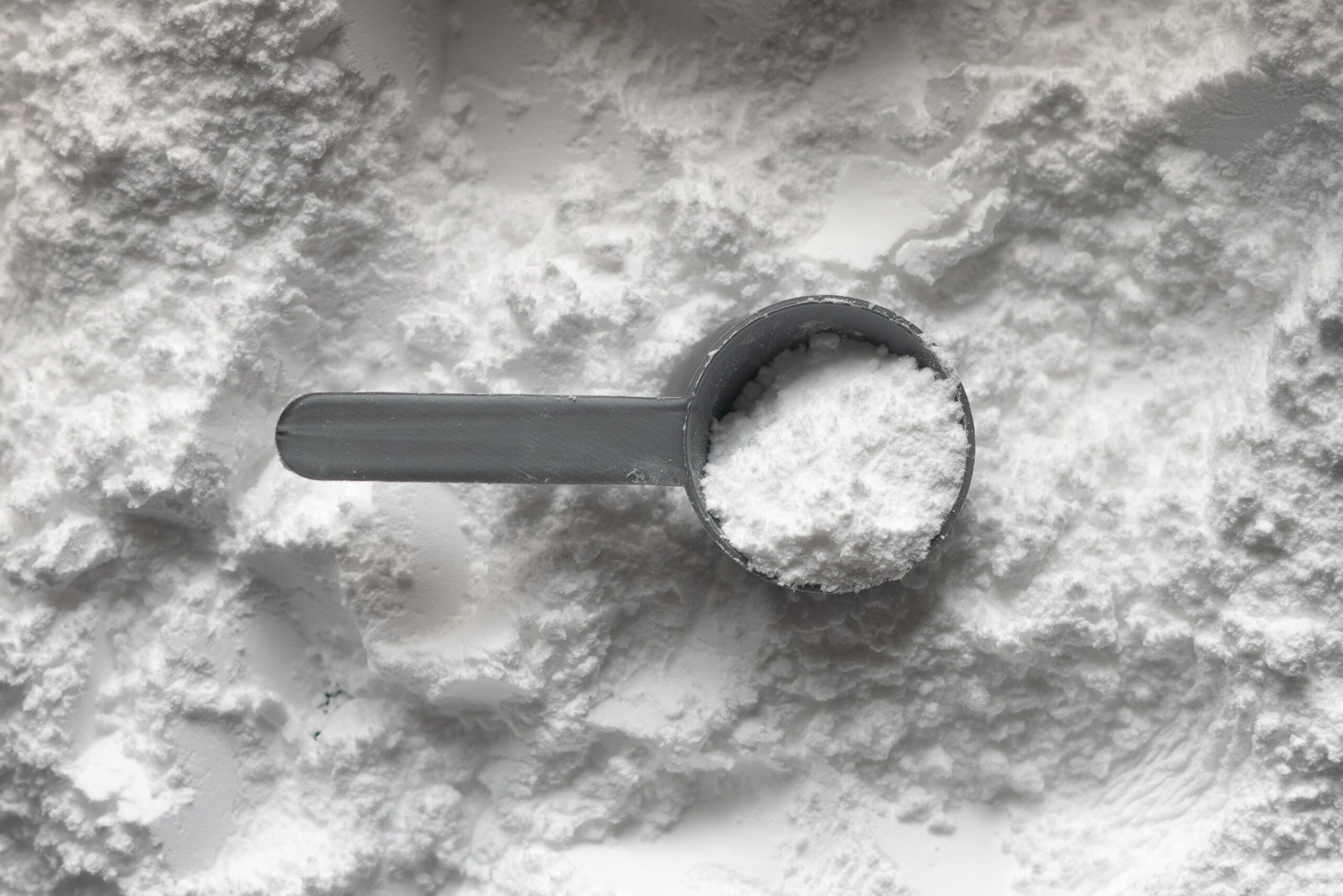
Does Creatine Cause Hair Loss? Find Out Here
Since the 90s, creatine has been a popular sports supplement which has been the subject of numerous scientific studies as to its effectiveness. While its efficacy at aiding your workout has been outlined many times, the connection between creatine and hair loss has often been debated. Here we will outline the benefits of creatine, its properties and whether it really does cause hair loss.
Summary
The Benefits of Creatine
Of course, the main benefit of creatine is in relation to your workout. Firstly, it helps to increase the energy levels of your muscle cells along with improving muscle mass. Simultaneously, it helps to decrease the levels of myostatin. This is a hormone which causes the diminution in muscle mass. Taking creatine can allow for improved ability to perform high-intensity exercises. While working out you can better your endurance, strength, recovery, and fatigue resistance.
Benefits outside of exercise
While some may worry, “does creatine cause hair loss”, it can have benefits outside just helping your work-out. Studies have shown that creatine can help to lower blood sugar levels and prevents it from entering the muscles. This may help with combatting diabetes.
On top of this, it can improve your brain function while slowing the progress of neurological diseases. This can alleviate the progression of Alzheimer’s disease and Ischaemic stroke, among other neurological diseases. The impact of creatine can also improve your dopamine levels and mitochondrial activity. This results in improved intelligence, memory and more.
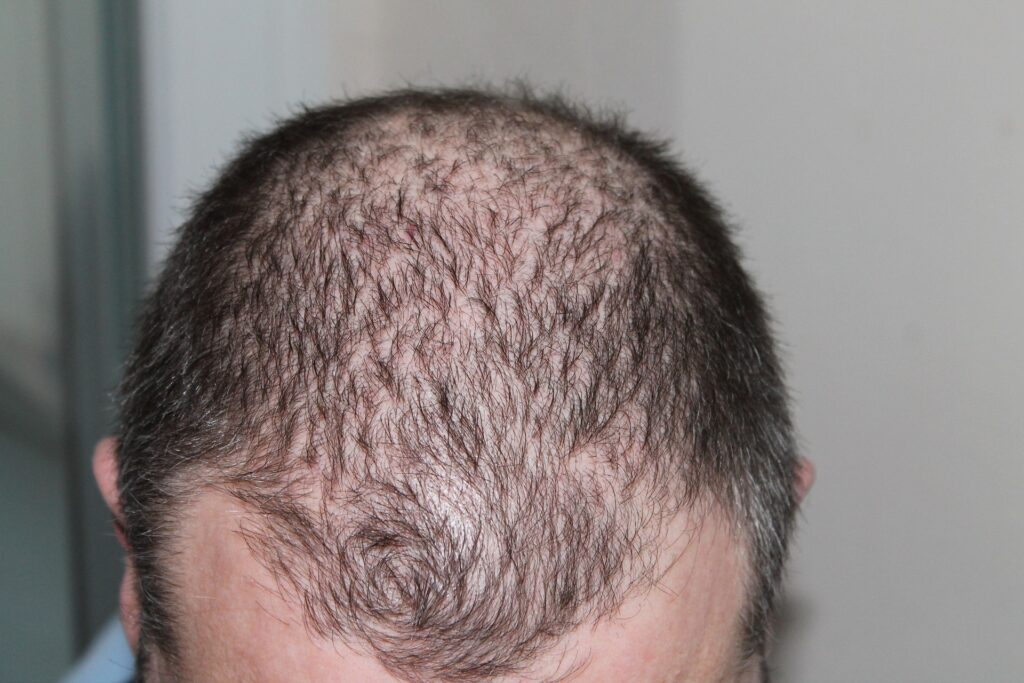
Why Does Creatine Cause Hair Loss?
The reason many people wonder does creatine cause hair loss is often traced back to a single 2009 study. Here, a group of rugby players who were college-aged were given creatine every day for 3 weeks. Creatine’s effect on DHT (Dihydrotestosterone) production in the subjects was shown to have significantly increased.
DHT is the hormone which can cause hair loss in men and women, typically associated with male pattern baldness. When found in high amounts, DHT can result in the shrinkage of hair follicles, shortening of the growth cycle and causing the hair to thin.
While the study may have allowed people to think that creatine causes hair loss due to the increase in DHT, in fact the hair loss in the participants was not measured and none of them actually experienced hair loss. In 12 other clinical trials measuring with the same parameters, the effects of creatine on DHT levels were not replicated.
The effect of DHT on hair loss
While it has not been clinically proven that creatine can cause hair loss, the increased levels of DHT may mean that some people are more susceptible to hair loss by taking the supplement. If you are sensitive to this hormone, maybe because of your family history, it can speed up the progression of your genetic hair loss.
Along with this, extreme exercise itself can cause an increase in DHT levels in your body. When combined with taking creatine, this can negatively impact your hair growth. If you know you have a history of hair loss, it may be worth consulting your doctor or a personal trainer as to an alternative supplement you can take.

Properties of Creatine
Creatine is a naturally occurring organic acid which helps to increase the body’s ability to create energy quickly and actually exists naturally in our bodies. In fact, half of the creatine in your body comes from your diet, and the other half is produced in your liver and kidneys. It can be found in red meat and fish, meaning creatine supplements can be useful for vegetarians/vegans who do not have this in their diet.
The creatine in your body is mostly delivered to the skeletal muscles to be used during physical activity. The majority of the creatine in your body is used during exercise, while some small amounts can be found in your heart, brain and other tissues. Its water solubility means that you should only consume the recommended amount of creatine (3-5 grams per day). Otherwise, the supplement will be wasted.
Possible side effects
While it hasn’t been proven that hair loss can be attributed to creatine intake, if taken for longer than 5 years, you may experience other side effects of creatine supplements. These can include water retention, muscle cramping, nausea, dizziness, weight gain, dehydration, gastrointestinal pain, fever, and fatigue. Because of these potential side effects, those with an underlying kidney disease are advised to contact their doctor before taking this. If you start to experience any of these negative side effects, it’s important to consult a doctor.
Conclusion
While creatine may not directly cause hair loss, it can increase hair loss if you are sensitive to the hormone DHT. Creatine has a range of benefits not only for your body but also for your mind. If you start to experience hair loss or any other negative side effects, you should contact your doctor. If you’re looking for supplements to help your hair growth, why not try our Biotin and Keratin Tablets.
Do you suffer from hair loss and are looking for a permanent solution? Get in touch with one of our hair transplant specialists today! You can find out how you can regain your hair and your happiness. With a free, non-binding consultation, we will advise you on the best course of action to achieve your dream head of hair.
